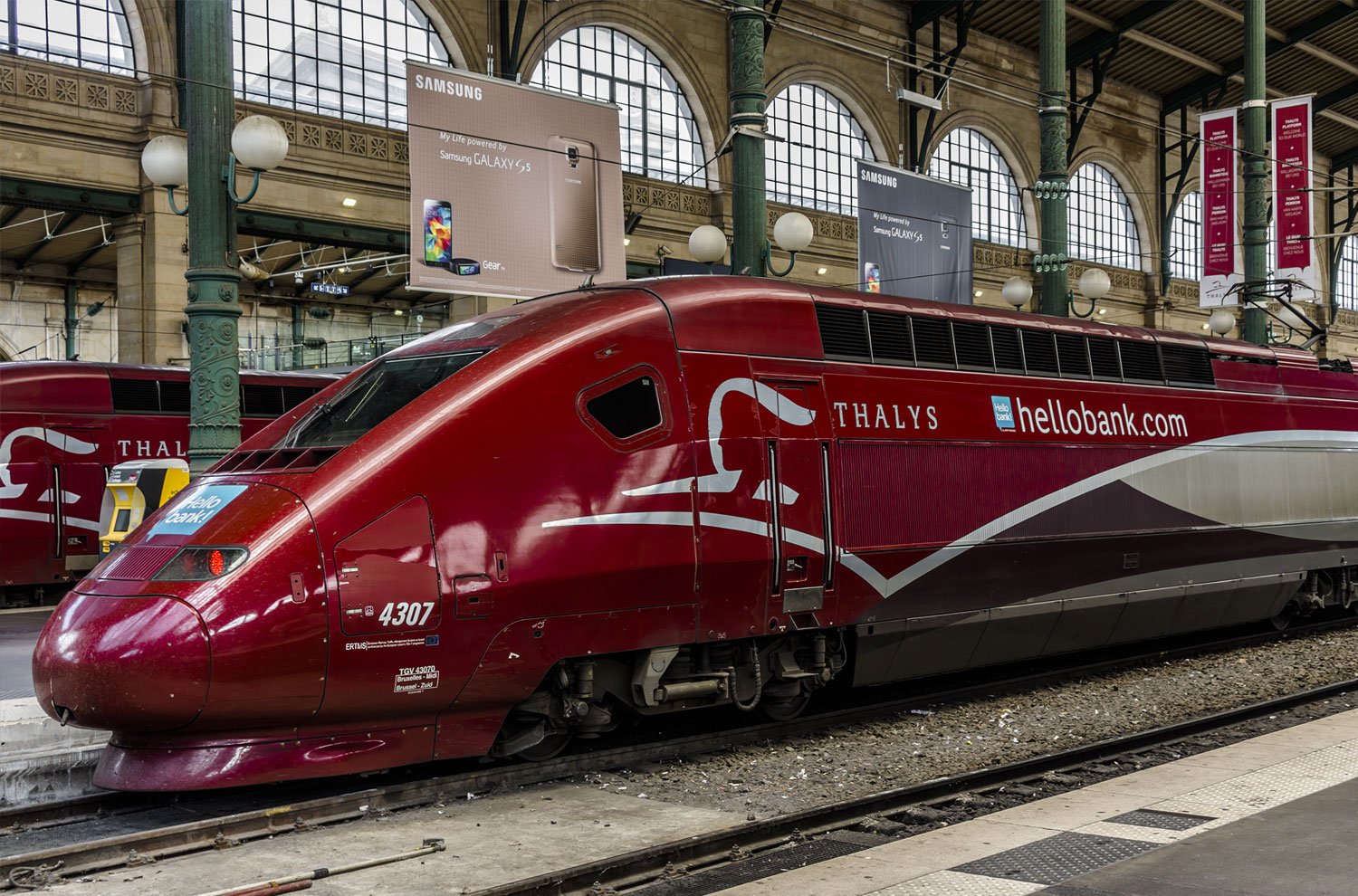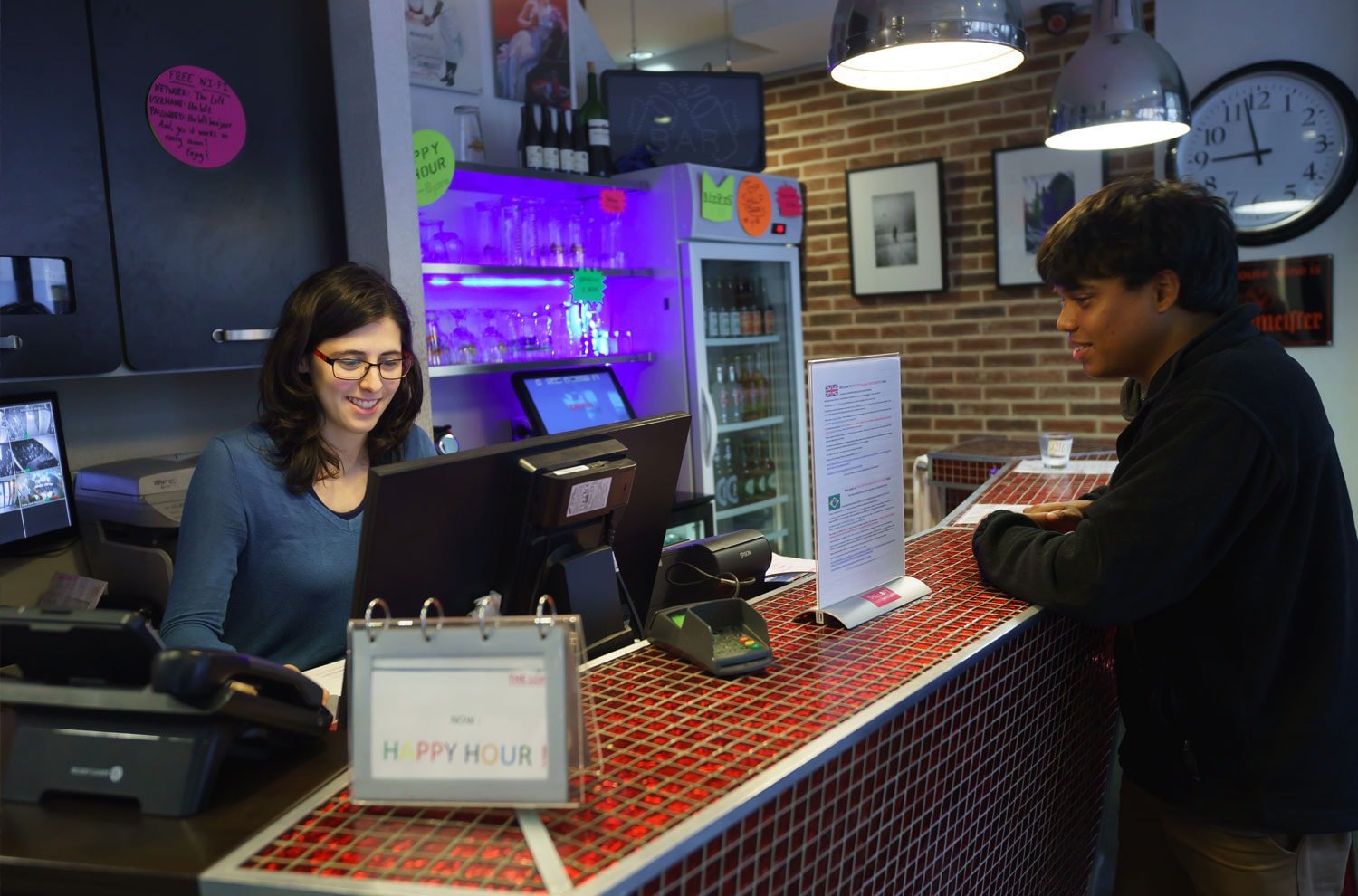SOLO TRAVEL TIPS

Pacing Europe
Dependingupon how much time you plan to spend in Europe, you have to decide how far or how fast you need to go. If most of your travel is during the day, you would need at least two days/nights per destination, which would give you 1 ½ days in each city, half a day being the average travel time between two destinations. If you like the place, then stay for a few days, else skip the place and move on. If you are traveling long distances, use night trains. You could travel and sleep at the same time giving you an extra day of sightseeing in Europe.

Taking the less expensive regional trains are an option to the pricier Eurail pass to travel between small cities. Regional trains also do not require advance bookings. You might have to compromise on speed though.
Save money by booking your train tickets in advance, as Europe follows the same pricing strategy of airlines. He earlier you book, the cheaper will be your train ticket. You can either book tickets through raileurope.in, which is the official partner in India for European train companies or you could buy the tickets from the European train companies directly, like, for instance, bahn.com for German train tickets.
Bahn.com has the most exhaustive and all-inclusive European railway timetable. It should be your first point of reference for planning any rail travel in Europe. The website seat61.com is also a very helpful website to plan your railway journeys throughout Europe.
There are a lot of budget airlines in Europe like Ryan Air, Easy Jet or Air Berlin that can help you connect to any part of Europe very fast and quite cheaply. If you book early, you can avail very good discount rates. Flight tickets from Madrid to Paris are as low as Euro 50 when booked early. But the hitch is, budget airlines use secondary airports than the main ones. Hence, you have to include the cost of travel to and from these airports, in your budget.
A leisurely stroll in the city will help you get your bearings and understand the place much better. A visit to the local market or the neighborhood park will give you an excellent opportunities to connect with the locals.
Choose a smaller territory to cover. Make a place of choice as your base and travel to places of interest near the base.
It is easier to get familiar with and enjoy the local culture if you stay in smaller cities where the tourist culture has not yet overtaken the local European way of life.
Travel light when you tour around Europe. Save yourself time during check-in and waiting for your bag at the carousel. Traveling only with a carry-on luggage is ideal as it will not only minimize your luggage wait times, but also reduce the baggage check in charges that are usually levied by budget airlines.
Accommodation
You would want to look for three things in your accommodation, when travel solo:
Social: Some solo travelers look for solitude while traveling. But most of the others look forward to the opportunity to meet the locals and other travelers during their vacation. The choice of your accommodation contributes immensely to enable this aspect. Casual lounges in hotels, common rooms in hostels and breakfasts in B&Bs and cafes provide ideal opportunities to meet other people and chat up with them and share each other’s’ experiences.
Safe: Your accommodation should be safe and secure. This is your priority when you select your accommodation. You need to focus on personal safety inside and outside the lodging and the safety of your belongings. Check out the safety of the accommodation before booking, using Google’s Streetview. You would be able to see if the area is abuzz with activity or is a sketchy neighborhood. If you are staying at a hostel, enquire if they have front door security or if there is a safe in the room?
Central: Choose your accommodation in a place that is central to places of interest. This gives you an easy access to all things that you would like to see.
Hostels

Some tips to make your European experience great:
Spend wise, travel light, connect right! Always carry enough cash but be discreet! Always have a backup plan and some reserve money stashed away somewhere other than your purse, just in case something goes wrong.
Europeans are friendly people. So, don’t hesitate to socialize. Learn their culture and participate in their traditions. Avoid being a normal tourist who just clicks photos every second and loses out on an otherwise rich experience, the memory of which you might cherish much more than a photograph.
Stay organized and plan well before you embark on your trip.

